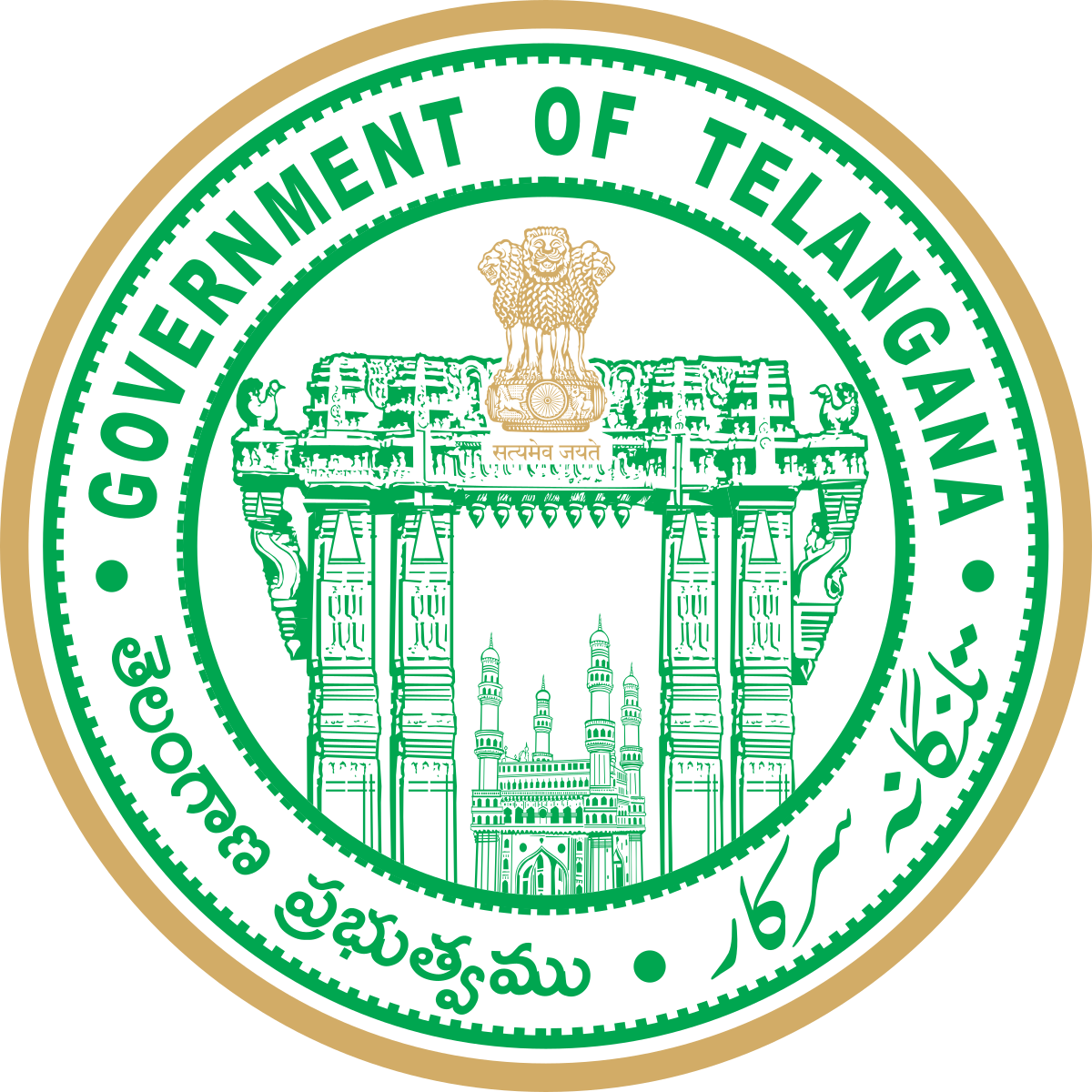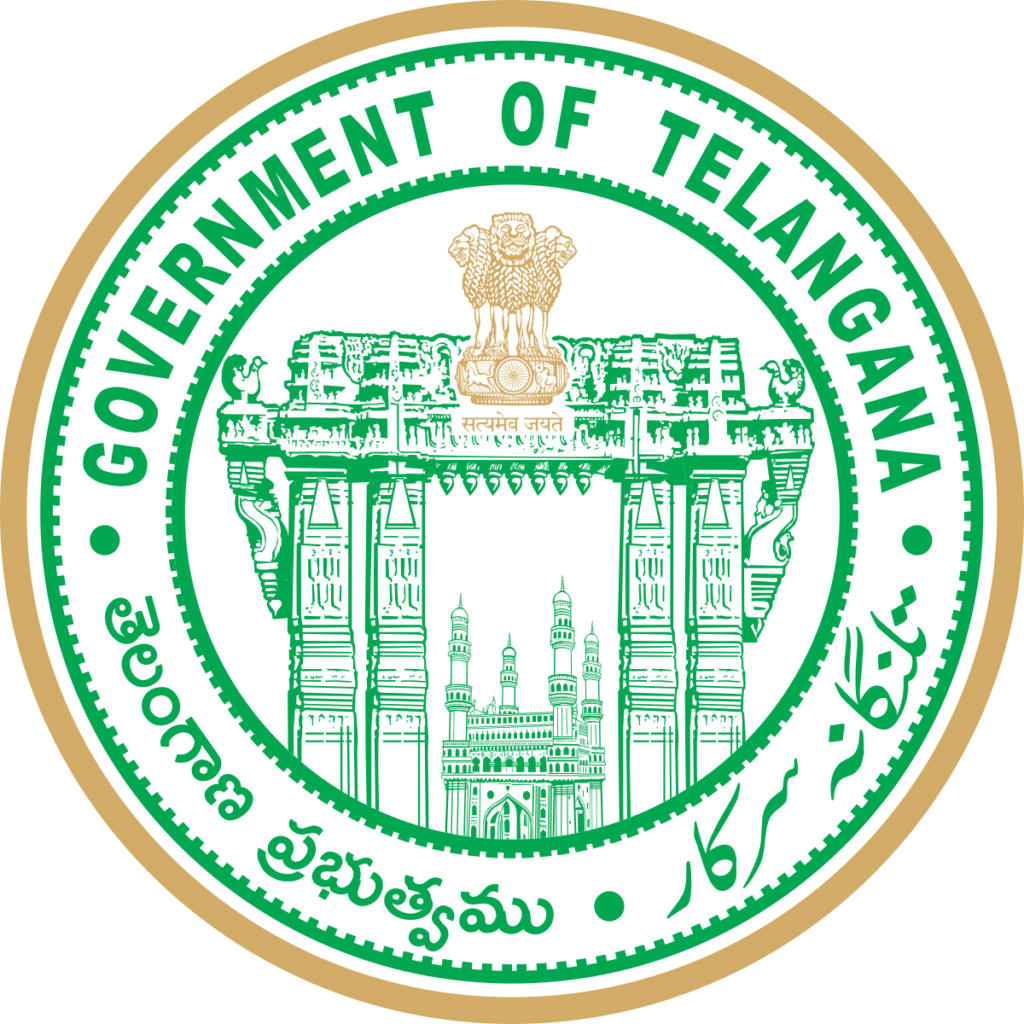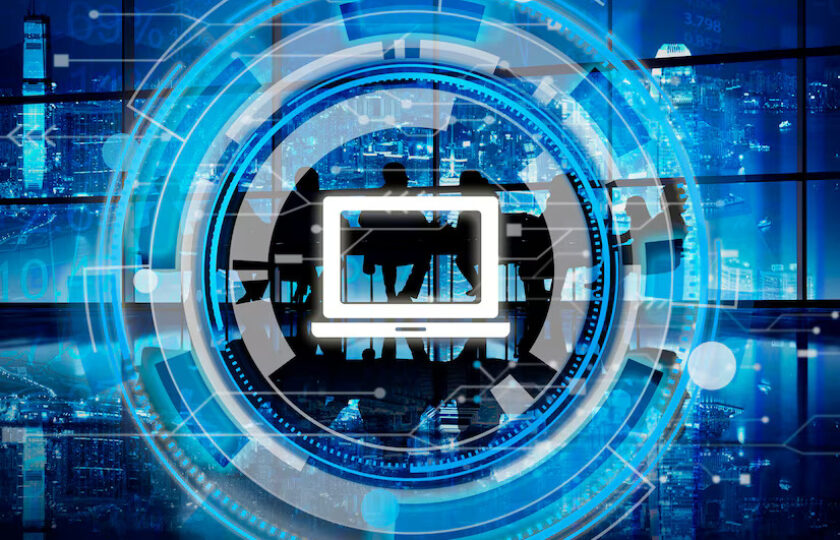AI in India: What it Takes to Make India a Global AI Leader .
The artificial intelligence ecosystem is thriving with all the latest developments worldwide. For example, a team of scientists at Nanyang Technological University, Singapore, has built grain-sized robots that can be controlled using a magnetic field for targeted drug delivery. This is the first kind of study where miniature robots can transport upto four different drugs and release them in programmable orders and doses.
AI research and development is a global endeavor. The US and China are receiving considerate attention from all over the world for their developments. However, other countries are also making strides. This especially holds for India, which has the potential to become a global leader in this transformative technology.
India has a rapidly growing digital infrastructure, a thriving startup ecosystem, and a large talent pool for engineers and programmers. A recent report by Nasscom and BCG predicts that India’s AI services could be worth $17 billion by 2027. According to the same report, India received $4 billion in investments between 2022 and 2023.
Besides, India has been home to around 100 GenAI startups since 2016. According to a recent report, an Indian startup alone raised $87.85 million in the space industry. The growth of the AI ecosystem in India depends upon the coordinated efforts of various stakeholders. Each stakeholder plays a unique role in fostering an environment driving innovation, scaling, and market impact.
What Does it Take to Make India a Global AI Leader?
At this point, AI is not the future; rather, it has become the present. India will require a lot more advanced infrastructure, personalized expertise from industry experts, and guidance on how to build the product along with how to scale the development up. Here are the following elements that are playing a crucial role in fostering a strong AI ecosystem in India:
1. Accelerators and Incubators
The government initiatives and policies are there to provide grants, subsidies, seed funding programs, tax incentives, and the establishment of clear regulations. However, startups require strategic direction in the right path to evolve, which is significant to attract funding. That’s why accelerators and incubators come into the picture.
India is home to 520+ tech incubators and accelerators. The country has the third-largest number of active programs in the world, with 42% of programs set up in the past five years to support the needs of Indian startups.
This growing network of accelerators in India is providing startups with the resources needed to scale up their initiatives. Accelerators like T-Hub MATH provide AI startups with crucial guidance on product development, business strategy, and scaling. For instance, in the initial months of 2024, MATH had over 60 startups under its fold, and five of them are under discussion for funding.
MATH (Machine Learning and Artificial Intelligence Technology Hub) is a specialized accelerator and incubator for AI startups born from the collaboration of T-Hub and DST (Department of Science of Technology). It provides a conducive environment with advancement facilities and collaborative stakeholders. The MATH Center of Excellence includes facilities like a mini data center with GPU capabilities, a Learning Management System tailored for AI education, and robust data infrastructure.
The T-Hub MATH’s AI Scale-Up program helps in overcoming the common hurdles faced by AI startups. It provides access to state-of-the-art technologies to accelerate development and deployment. Along with this, it provides personalized mentorship from AI/ML experts and collaborates with potential investors and like-minded entrepreneurs.
MATH also supports the MATH Nuage program, which provides startups with a virtual platform to receive value partner support from a network of industry strategy partners. This program also provides mentor desk support from professionals with extensive experience in AI/ML startups.
2. IndiaAI Mission: India’s Initiative to Help Startups Embrace AI
The Indian government is already aware of AI’s vast possibilities and has introduced several strategic policies and initiatives to fast-track its advancement. Progressive initiatives like ‘Digital India’ and ‘Startup India’ are already in place to support the growth of startups.
The IndiaAI Mission aims to establish strategic partnerships between the public and private sectors. It aims to democratize computing access, improve data quality, develop Indigenous AI capabilities, distribute startup risk capital, and ensure the development of socially impactful and ethical AI projects.
For the IndiaAI mission, the cabinet has approved Rs. 10,300 crore to empower AI startups and expand access to computing infrastructure. This mission focuses on building key pillars for AI startups, including Compute Capacity (computing infrastructure with over 10,000 GPUs), Innovation Centre, Datasets Platform, Application Development Initiative, Future Skills, Startup Financing, and Safe and trusted AI.
3. Other Initiatives by the Indian Government
The National AI Portal (INDIAai) is a joint venture by NeGD, MeitY, and NASSCOM to prepare the nation for an AI future. The portal has numerous datasets, case studies, research reports, educational institutes, courses, and articles about the evolving field of Artificial Intelligence for everyone’s assistance.
The Ministry of Electronics and Information Technology has launched several initiatives to support AI development, like:
- Centers of Excellence for Internet of Things (Gandhinagar, Bengaluru, Gurugram & Vizag)
- Center of Excellence on Virtual & Augmented Reality (VARCoE) at IIT Bhubaneswar
- Center of Excellence on Blockchain Technology at Gurugram
4. Education and Upskilling Programs
The educational landscape plays an important in preparing the youth of India to accelerate the growth of innovations in AI. According to Shiksha.com, there are around 1340 institutions, predominantly private institutions, offering specialization in AI and ML.
Another report by the All India Council for Technical Education (AICTE) says that over 13 lakh students have enrolled in Engineering and Technology Undergraduate Programs.
There was a massive 263% increase in AI talent concentration from 2016 to 2023, the highest surge among all the countries included in the survey. While GenAI will open up new opportunities and job positions, like prompt engineers, around 80% of engineers will have to upskill to meet the industry requirements.
India’s Preparing to Become a Global Leader in AI
India’s focus on AI education and innovation has already created a skilled workforce that can contribute to this technological advancement. As artificial intelligence integrates more into daily life, it is expected to drive significant changes, making India a key player in the global AI landscape. Moreover, AI’s impact on India is sure to revolutionize various sectors and transform the way businesses and society function over time.


